## From Kingdoms to Credits: Can Saudi Arabia and Qatar Level Up Syria’s Economy?
The battlefields of Syria have fallen silent, but a new kind of conflict is brewing – one waged in boardrooms and with financial figures. Al Jazeera reports that Saudi Arabia and Qatar have agreed to settle Syria’s massive debt to the World Bank, a move that could potentially reshape the country’s future.
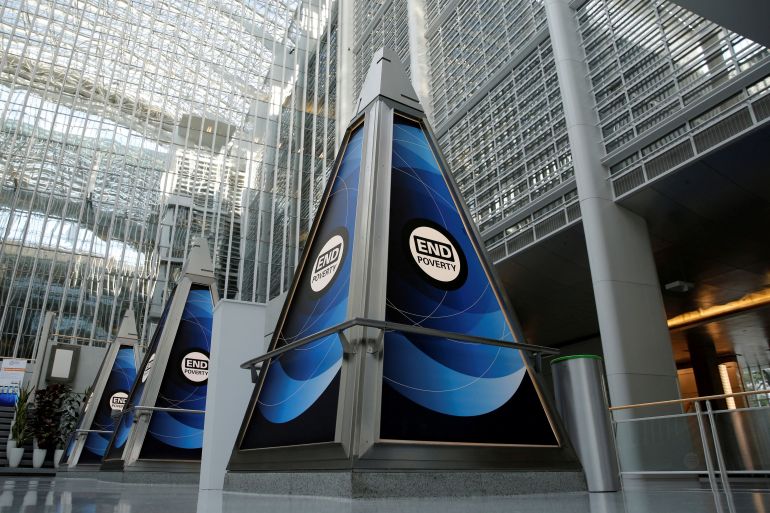
With the war leaving Syria’s economy in ruins, this financial lifesaver could be the key to rebuilding infrastructure, restoring services, and offering a glimmer of hope to millions. But is this act of generosity a true game-changer, or just another pawn in the region’s geopolitical chess match?
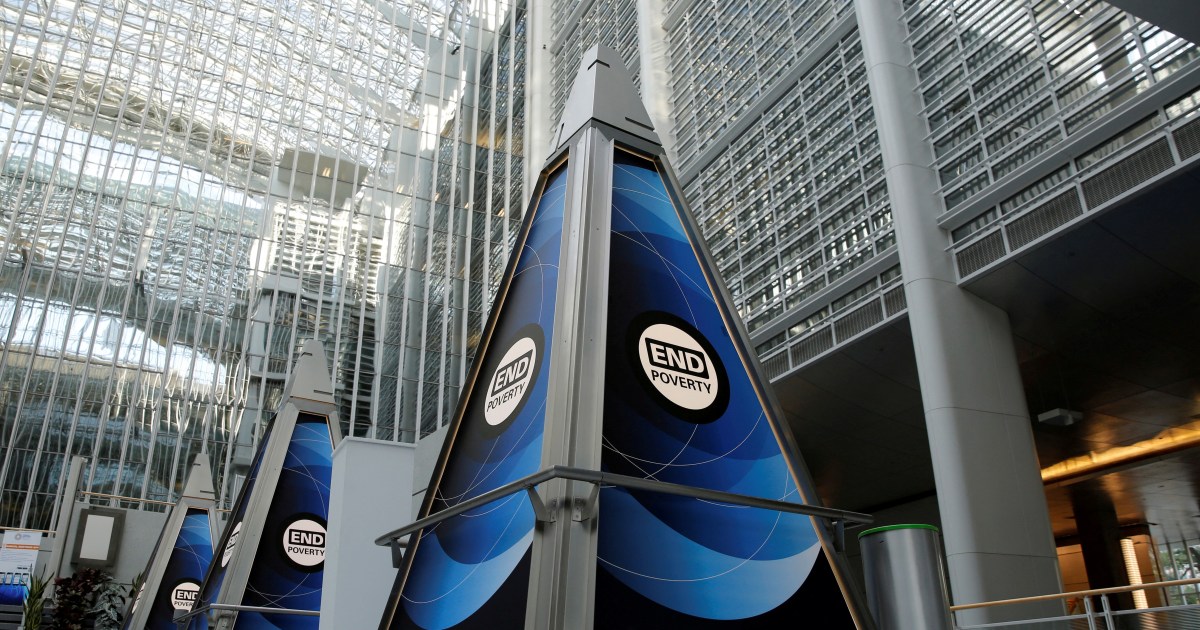
Breaking the Cycle: How Debt Restructuring Can Spur Development
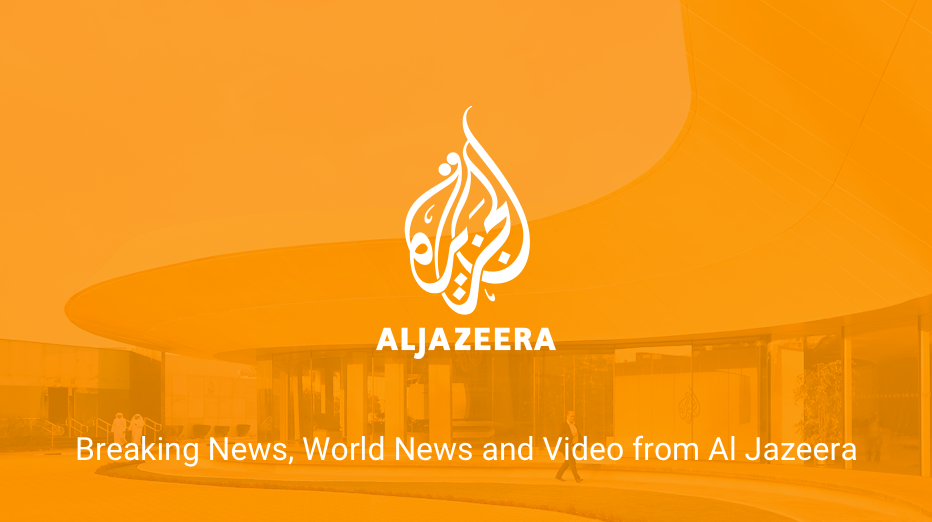
The recent announcement by Saudi Arabia and Qatar to settle Syria’s outstanding debt to the World Bank, totaling approximately $15 million, represents a significant step towards economic recovery in the war-torn nation. This debt restructuring not only unlocks access to vital financial resources but also symbolizes a commitment to breaking the cycle of economic stagnation that has plagued Syria for over a decade.
Debt restructuring is a crucial tool for fostering development, particularly in countries grappling with the aftermath of conflict. By reducing the burden of existing debt obligations, nations can free up resources for critical investments in infrastructure, healthcare, education, and social safety nets. This, in turn, can stimulate economic growth, create job opportunities, and improve the overall well-being of the population.
In Syria’s case, the settlement of its debt to the World Bank paves the way for the institution to resume its vital support and operations. The World Bank’s expertise in development financing and its network of global partners can play a crucial role in guiding Syria’s reconstruction and revitalization efforts.
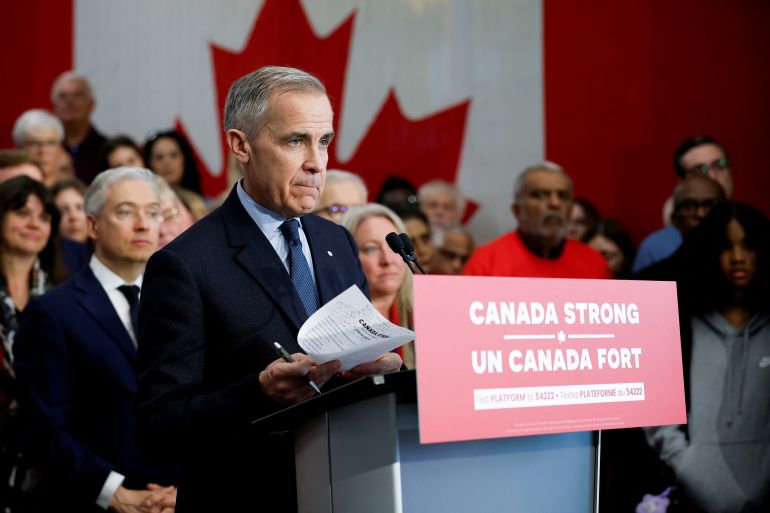
Investing in the Future: World Bank’s Potential Impact on Syria
The World Bank’s potential impact on Syria extends beyond mere financial assistance. The institution’s technical expertise and experience in development can be invaluable in shaping a more sustainable and equitable future for the nation.
The World Bank has a proven track record of supporting countries in their post-conflict recovery and reconstruction efforts. Through its various programs and initiatives, it provides not only financial resources but also technical guidance, capacity building, and policy advice. In Syria’s case, the World Bank can play a key role in:
- Developing a Comprehensive Reconstruction Plan: The World Bank can assist in formulating a comprehensive and sustainable plan for Syria’s reconstruction, taking into account the country’s specific needs and challenges.
- Promoting Good Governance and Transparency: The World Bank can work with Syrian authorities to strengthen governance mechanisms, promote transparency, and ensure that reconstruction funds are used effectively and equitably.
- Investing in Human Capital: The World Bank can support investments in education, healthcare, and social protection programs, which are essential for building a resilient and prosperous Syria.
- Encouraging Private Sector Development: The World Bank can create an enabling environment for private sector growth, attracting investment and creating job opportunities.
- Strengthening Good Governance: Promoting transparency, accountability, and the rule of law are crucial for ensuring that reconstruction funds are used effectively and equitably.
- Empowering Civil Society: Engaging civil society organizations in the reconstruction process can help ensure that the needs of local communities are met and that projects are sustainable.
- Investing in Social Safety Nets: Providing social protection programs, such as cash transfers and food assistance, can help mitigate the impact of poverty and inequality during the reconstruction process.
- Targeted Sanctions: Focus sanctions on individuals and entities responsible for human rights abuses and corruption, while exempting humanitarian organizations and essential goods.
- Humanitarian Exemptions: Ensure that humanitarian aid and essential goods are exempt from sanctions to prevent further suffering among the Syrian population.
- Diplomacy and Engagement: Maintain diplomatic channels with the Syrian government to encourage progress on human rights and accountability while facilitating the delivery of aid.
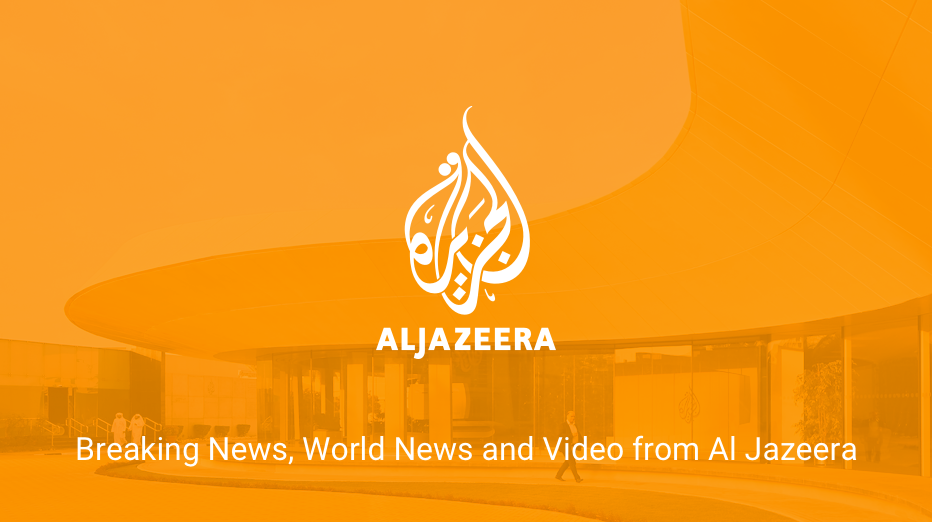
The $15 Million Question: Analyzing the Scope and Implications of the Settlement
While the $15 million debt settlement may appear relatively small in the context of Syria’s overall economic needs, its significance extends far beyond the numerical value. This symbolic gesture by Saudi Arabia and Qatar holds profound implications for the future of Syria.
Firstly, the settlement demonstrates a renewed commitment from the international community to support Syria’s recovery. It sends a strong signal that the international community is willing to engage with the new Syrian government and help it rebuild its war-ravaged nation.
Secondly, the settlement unlocks access to World Bank funding and technical expertise, which are crucial for supporting Syria’s economic recovery. The World Bank’s expertise in development financing and its network of global partners can play a vital role in guiding Syria’s reconstruction and revitalization efforts.
Challenges and Opportunities Ahead
Building Back Better: Addressing Corruption and Inequality in Syria’s Reconstruction
Syria’s reconstruction presents a unique opportunity to build back better, addressing the underlying issues that contributed to the country’s vulnerability to conflict.
Corruption and inequality have plagued Syria for decades, undermining economic growth and exacerbating social tensions. To ensure that reconstruction benefits all Syrians, it is essential to tackle these challenges head-on. This requires:
Navigating Sanctions: Balancing International Aid with Political Pressures
The international community faces a delicate balancing act in providing aid to Syria while navigating complex political pressures. Western sanctions, imposed on the Assad regime, continue to pose a significant challenge to delivering humanitarian assistance and supporting economic recovery.
Finding ways to alleviate the impact of sanctions on ordinary Syrians while holding the Syrian government accountable for its actions is crucial. This may involve:
A Long Road to Recovery: The Complexities of Rebuilding a War-Torn Nation
Rebuilding Syria will be a long and arduous process, requiring sustained commitment and collaboration from the international community, regional actors, and the Syrian people themselves.
The challenges are immense, ranging from restoring infrastructure and providing essential services to addressing the deep-seated social and economic divisions that have been exacerbated by the conflict.
Despite the daunting challenges, there is hope for a brighter future for Syria. The recent debt settlement represents a crucial first step towards economic recovery. By working together, the international community can support Syria in its journey towards peace, stability, and prosperity.
Conclusion
This agreement between Saudi Arabia and Qatar to settle Syria’s debt to the World Bank is a pivotal moment in the country’s long and arduous journey towards recovery. The financial weight of the Syrian conflict has been a significant obstacle to rebuilding, hindering access to vital resources and crucial infrastructure development. By shouldering this burden, both countries demonstrate a commitment to regional stability and a willingness to move beyond past divisions. This gesture of goodwill could pave the way for greater cooperation and investment in Syria’s future, potentially fostering a more prosperous and stable environment for its people.
However, it remains to be seen whether this financial aid will translate into tangible progress on the ground. The success of this initiative hinges on the Syrian government’s ability to effectively manage these funds and prioritize the needs of its citizens. Transparency and accountability will be paramount in ensuring these resources are used to rebuild homes, schools, hospitals, and livelihoods, rather than lining the pockets of corrupt officials. The international community must also remain engaged, providing sustained support and holding all parties accountable to the principles of peace, justice, and human rights. The future of Syria rests on a delicate balance – one that demands not only financial aid, but also a genuine commitment to reconciliation and a shared vision for a brighter tomorrow.
It’s time for the world to step up and ensure that this financial lifeline becomes a catalyst for a lasting peace in Syria.